
The FTC’s mission is to protect consumers from false or misleading advertising, and as part of its new FinTech program the agency is developing new strategies for curbing deceptive practices online. Target #1: The Doom That Came to Atlantic City, a crowdfunded vaporware boardgame that netted more than $122,000 for its would-be creator.
Anyone planning to start a Kickstarter campaign might want to consider what the FTC found wrong with this failed campaign and the penalties imposed in the resulting settlement. And if you’re wondering what this case could mean for the future, the FTC is hosting a Twitter chat with its attorneys today (Thursday, June 11) from 2-3pm.
Here’s the scoop from the FTC’s press release:
In its first case involving crowdfunding, the Federal Trade Commission has taken legal action against the deceptive tactics of a project creator who raised money from consumers to produce a board game through a Kickstarter campaign, but instead used most of the funds on himself. The defendant has agreed to a settlement that prohibits him from deceptive representations related to any crowdfunding campaigns in the future and requires him to honor any stated refund policy….
According to the FTC’s complaint, Chevalier represented in his Doom campaign on Kickstarter.com that if he raised $35,000, backers would get certain rewards, such as a copy of the game or specially designed pewter game figurines. He raised more than $122,000 from 1,246 backers, most of whom pledged $75 or more in the hopes of getting the highly prized figurines. He represented in a number of updates that he was making progress on the game. But after 14 months, Chevalier announced that he was canceling the project and refunding his backers’ money.
Despite Chevalier’s promises he did not provide the rewards, nor did he provide refunds to his backers. In fact, according to the FTC’s complaint, Chevalier spent most of the money on unrelated personal expenses such as rent, moving himself to Oregon, personal equipment, and licenses for a different project.
Under the settlement order, Chevalier is prohibited from making misrepresentations about any crowdfunding campaign and from failing to honor stated refund policies. He is also barred from disclosing or otherwise benefiting from customers’ personal information, and failing to dispose of such information properly. The order imposes a $111,793.71 judgment that will be suspended due to Chevalier’s inability to pay. The full amount will become due immediately if he is found to have misrepresented his financial condition.
This case is part of the FTC’s ongoing work to protect consumers taking advantage of new and emerging financial technology, also known as FinTech. As technological advances expand the ways consumers can store, share, and spend money, the FTC is working to keep consumers protected while encouraging innovation for consumers’ benefit.


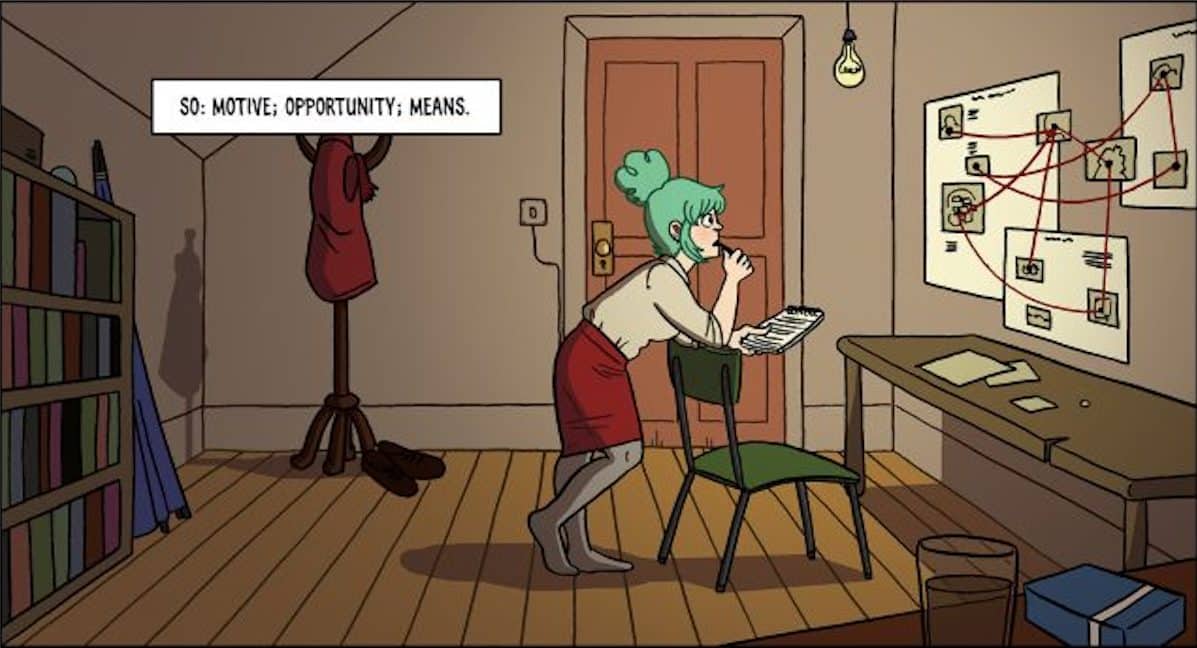
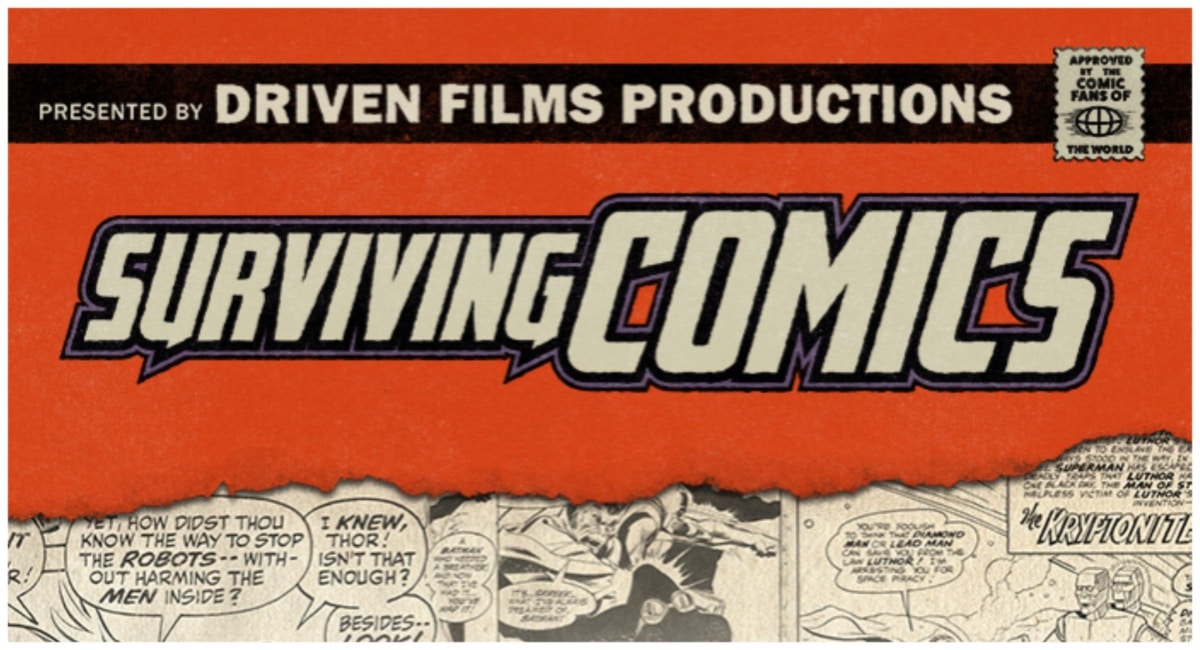
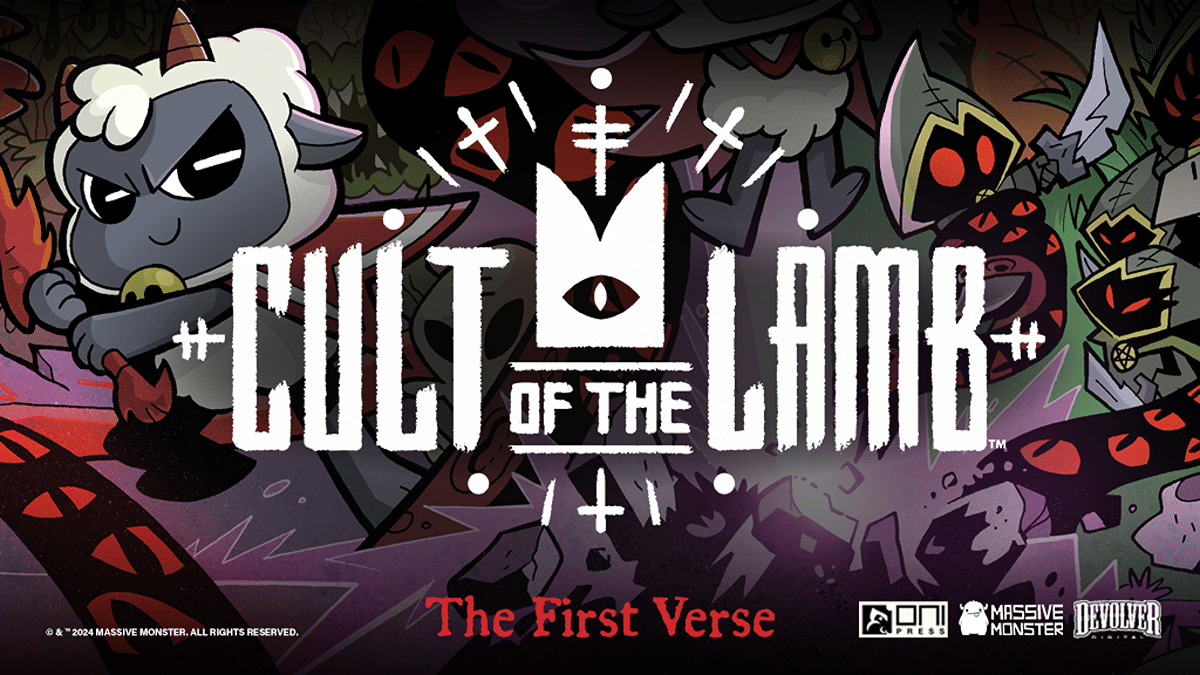

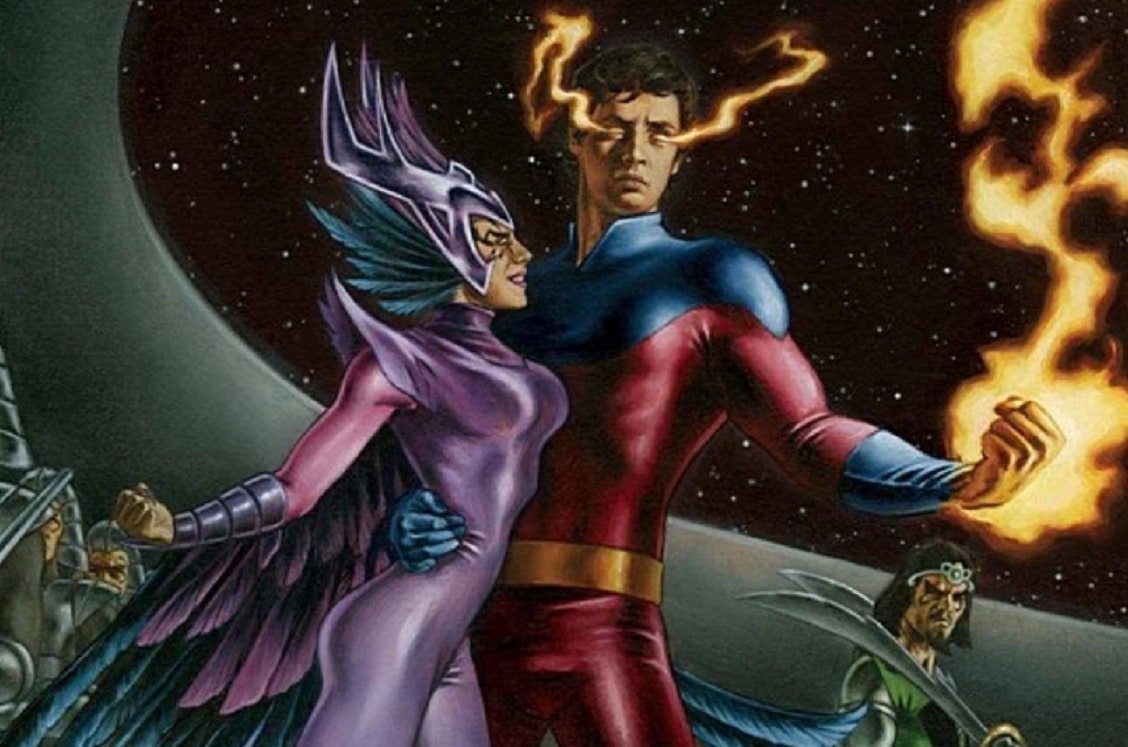
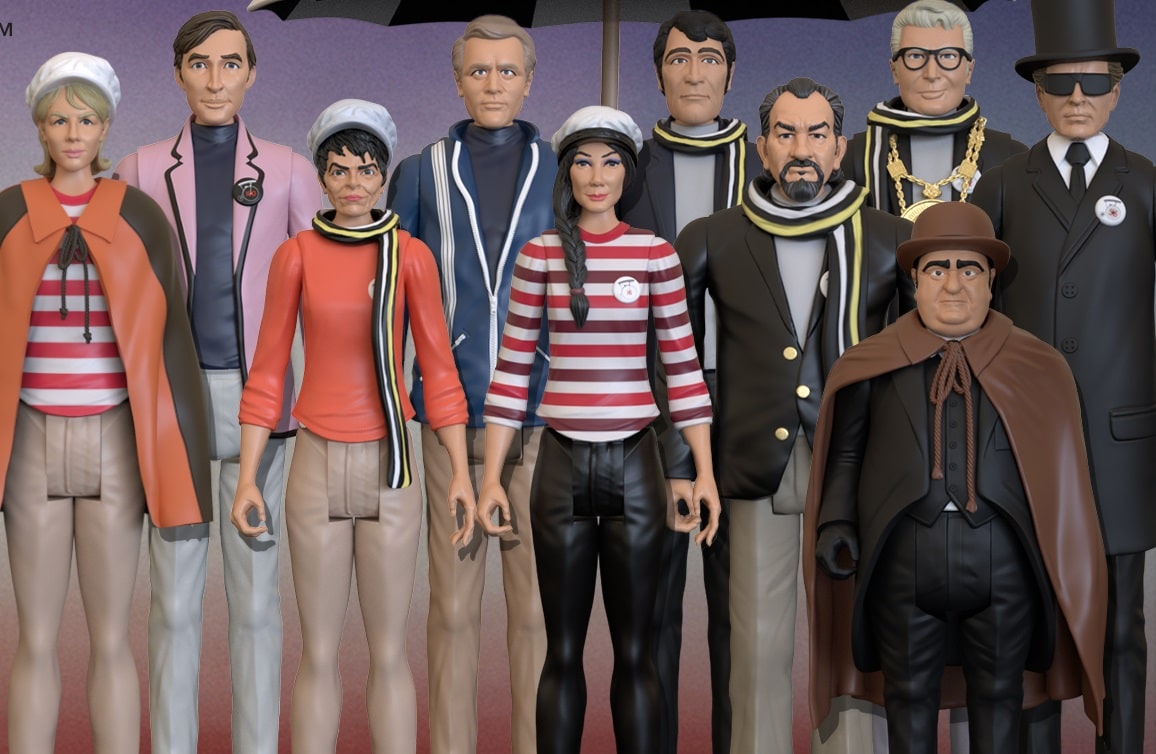

It’s important to note that the FTC didn’t determine so much that the Kickstarter *failed* – lots of Kickstarters fail. What they found was that the Kickstarter was *fraudulent*.
Failed = the campaign’s creator legitimately tried to create the thing they said they’d create, & through one mishap or another it didn’t work out. Having backed a number of Kickstarters & Indigogos, the most common outcome seems to be late or sometimes incomplete delivery. The lateness has been pretty significant for things like games, dolls & software. Lots of things can go wrong, & it seems that most people whose Kickstarts I’ve encountered are excellent pitch people – they can make a case for their art, clothing, book, etc – but they might never have run a business. Therefore they haven’t accurately planned for snafus. A comic creator friend ran a pretty successful campaign for his book but found himself waylaid by overseas shipping costs. So delivering that part of his books took extra time & money, a problem he addressed in his next campaign. Another comics creator pal was very upfront about how part of the Kickstarter cash was going to fund his living expenses while he worked on his project. People knew about that going in, & had no problem supporting this creator while he worked.
Chevalier claimed he’d told people where the money was going, & he hadn’t. That’s not a failed campaign, that’s straight-up fraud & that’s why the Feds busted him.
As Kickstarter matures as a platform, people will grow more wary & likely back less stuff on impulse. If the story of the Feds going after this fraudulent Kickstarter gives someone pause about launching a campaign – maybe that’s not a bad thing.
We’re glad someone is trying to protect consumers, but it would be nice to know that Kickstarter did something more to protect its members, particularly where it has been proven that a scam took place at kickstarter’s site.
I’m not saying they are responsible to making the backers whole, I’m saying they should do more to make their backers happy.
Eva is correct, the Kickstarter campaign wasn’t a failure, in fact the campaign was a roaring success, it was the post campaign follow-up that was the failure.
Just another online fraudster, luckily his victims are getting justice.
Really sad that amount should have been way more than enough to create the product he describe. A board game for Christ’s sake….. This guy was an outright fraud and is glad someone is doing something. Hopefully kickstart aided the FTC with the prosecution of this scum.
Comments are closed.